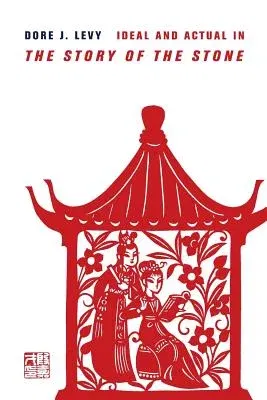Dore Levy
(Author)Ideal and Actual in the Story of the StonePaperback, 1 April 1999

Qty
1
Turbo
Ships in 2 - 3 days
In Stock
Free Delivery
Cash on Delivery
15 Days
Free Returns
Secure Checkout

Print Length
256 pages
Language
English
Publisher
Columbia University Press
Date Published
1 Apr 1999
ISBN-10
0231114079
ISBN-13
9780231114073
Description
Product Details
Author:
Book Format:
Paperback
Country of Origin:
US
Date Published:
1 April 1999
Dimensions:
22.61 x
15.19 x
1.24 cm
ISBN-10:
0231114079
ISBN-13:
9780231114073
Language:
English
Location:
New York
Pages:
256
Publisher:
Weight:
308.44 gm